Specialist Domestic Abuse Services
Refuge’s ambition is for every survivor to be able to access the specialist services they need, whether this is a refuge space or a service in the community. We are calling for increased funding for specialist Domestic Abuse services.
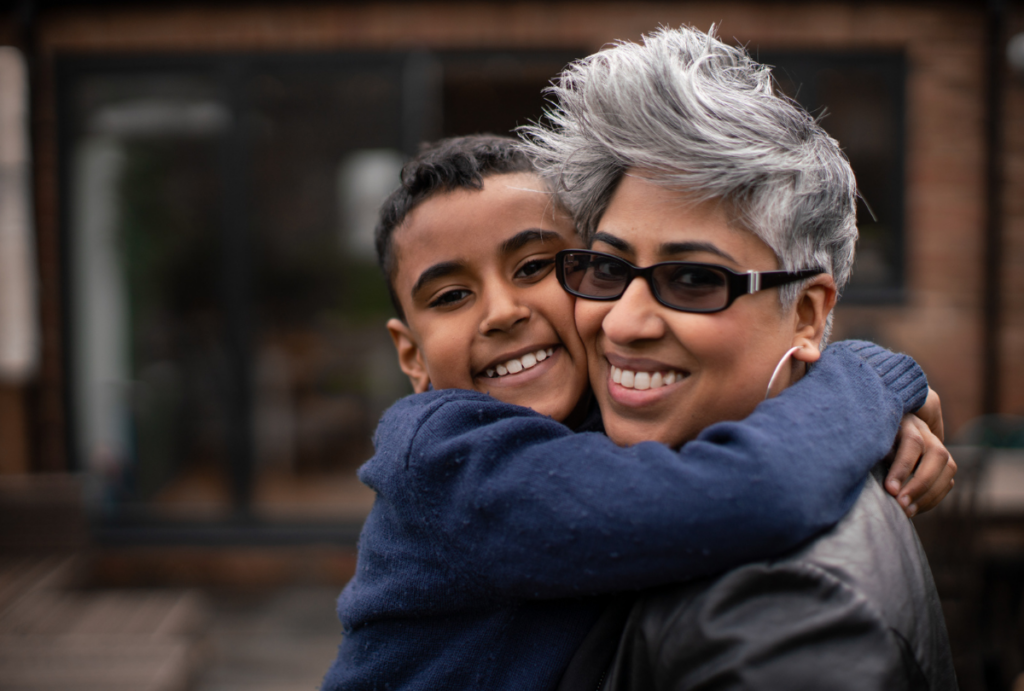
Victims and Prisoners Act
The Victims and Prisoners Act received Royal Assent on 24th May 2024. Refuge campaigned for enhanced funding and safeguarding for essential community-based services to be introduced via the Act for several years. The Act will introduce measures to require local authorities, Police and Crime Commissioners and Integrated Care Boards to conduct Joint Strategic Needs Assessments to inform the commissioning of community-based services and a legal duty on relevant public authorities to work together in the commissioning of these services. The Act will also place the principles of the Victims’ Code into law and introduce statutory guidance for essential roles in community-based services, such as Independent Domestic Violence Advocates (IDVAs) and Independent Sexual Violence Advocates (ISVAs).
Local Lifelines Report
Every two minutes, someone turns to Refuge for help. For some survivors, fleeing to a refuge will be the only safe option. But many others seek tailored support in their own home or a safe place in their community to enable them to recover and rebuild their lives. This is where community-based services come in.
Find out more about the need for community-based services with our Local Lifelines Report
95% of survivors we support at Refuge access community-based services (1)
Less than half of survivors who wish to access these services are able to (2)
85% of our staff of frontline domestic abuse staff believe their service is being negatively impacted by insufficient funding (3)
What's next?
Refuge continues to call for adequate, sustainable funding of £238 million per year, as proposed by Women’s Aid (4), for specialist community-based services to ensure all women and children can access lifesaving support, and at least £189 million per year for refuge services, which offer survivors safe temporary accommodation.
Tech abuse
Technology-facilitated domestic abuse, or tech abuse, is becoming increasingly prevalent, as technology provides perpetrators with further tools to control, coerce and abuse survivors. Over a third of cases reported to Refuge’s specialist tech abuse team involve social media. Intimate image abuse continues to rise, while charging rates remain low.
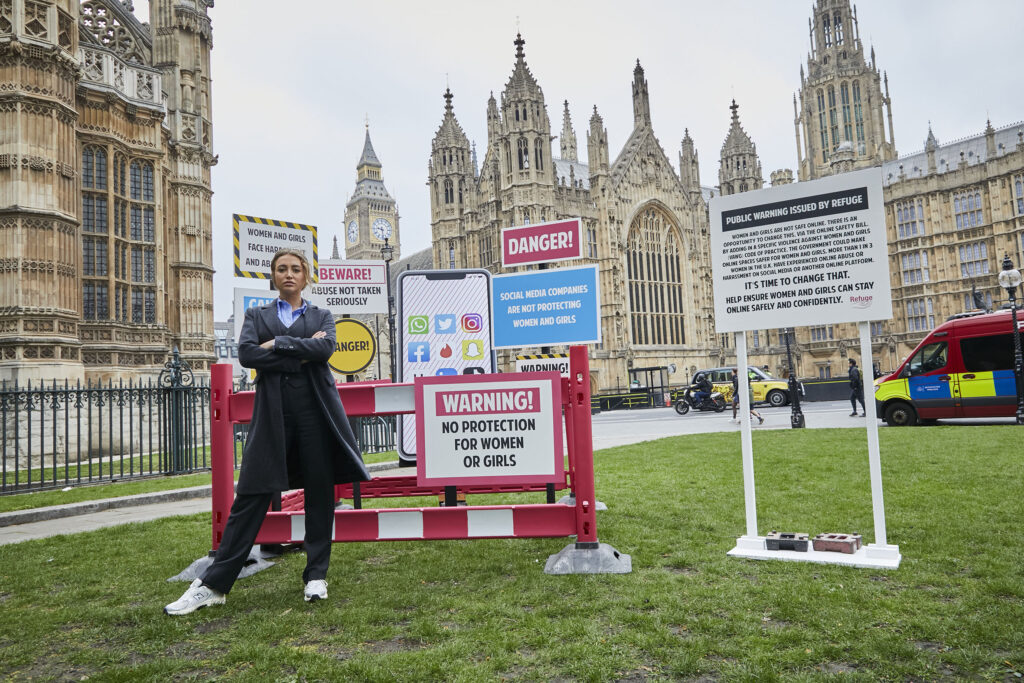
For information and support on tech abuse, visit our tech safety website.
Refuge policy asks on tech-facilitated abuse.
Check out our latest reports on tech abuse:
Marked as Unsafe: How online platforms are failing domestic abuse survivors
Unsocial Spaces: Make online spaces for women and girls
The Naked Threat: How threats to share intimate images without consent are increasingly used as a tool of coercive control
Intimate Image Abuse: Despite increased reports to the police, charging rates remain low
1 in 3 UK women have experienced online abuse or harassment perpetrated on social media or other online platform at some point in their lives. (5)
1 in 14 women in England and Wales have experienced threats to share their intimate images or videos (6)
95% of survivors responding to our survey (7) said they were not satisfied with the support they received from the social media company.
Economic Abuse
Economic abuse is a common form of domestic abuse. It involves an abuser restricting a person’s ability to acquire, use and maintain money or other economic resources. This could include refusing to let their partner open a bank account, controlling how they use their income, preventing them working or being in education or building up debt in their partner’s name.
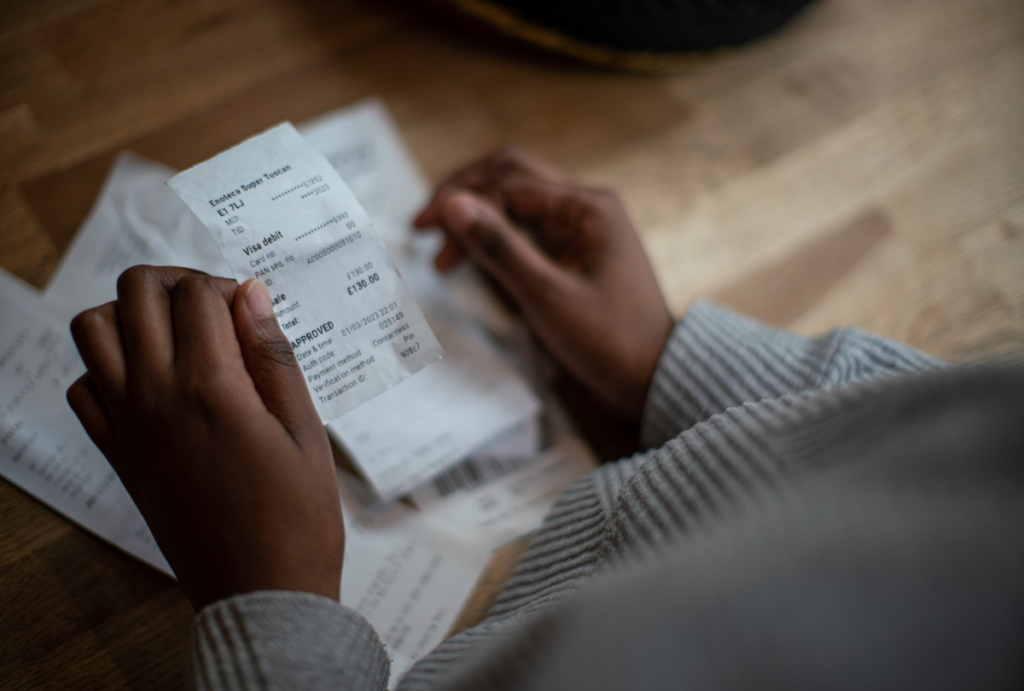
Our reports on economic abuse:
International Women’s Day debate briefing: The steps taken to promote the economic inclusion of women
Know Economic Abuse: A safe online tool for contacting banks about economic abuse
Know Economic Abuse: 2020 Report
Welfare Reform and Domestic Abuse Report: How welfare reforms affect survivors
Criminal Justice
The police play a crucial role in many survivors’ journeys, but trust in the police is low. The criminal justice system is overstretched, and its personnel often lack training in handling domestic abuse cases.
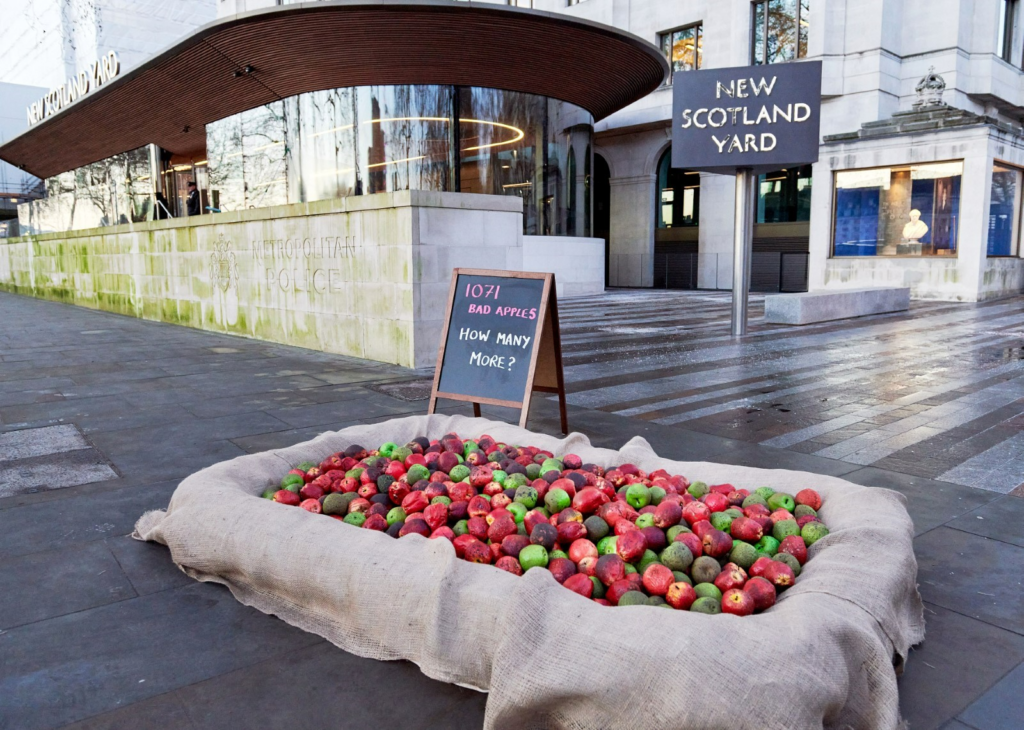
Our reports on Criminal Justice:
The Prisoner Dilemma: Refuge’s review of the prison over-crowding crisis and recommendations
Home Affairs Select Committee Policing Priorities: Refuge’s submission to the Home Affairs Committee call for evidence on policing priorities
Early release scheme letter: VAWG Sector Joint Letter to Rt Hon Alex Chalk on the expansion of the Early Release Scheme
Criminal Justice Bill: Report Stage Brief May 2024
Remove the Rot: Refuge investigations uncovers the magnitude of police force’s failure to tackle violent misogyny by police officers
One third of all violence recorded by the police is domestic abuse related (8)
Less than a quarter of police officers and staff accused of violence against women and girls-related misconduct were suspended pending the outcome of an investigation (9)
Almost 50,000 supporters signed our petition calling for the suspension of police officers accused of VAWG related offences
Housing
Access to safe, secure housing is an integral part of a survivor’s journey. This is a vital step towards escaping their perpetrator, rebuilding their life, and regaining their independence.
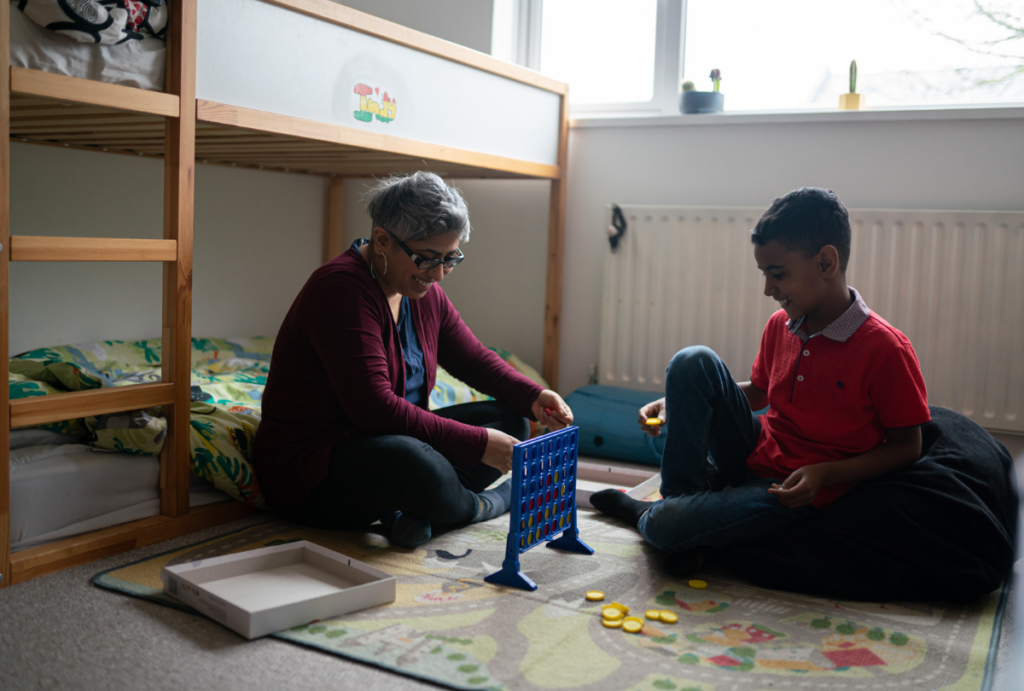
Refuge response to DLUHC Joint Tenancies Consultation
Refuge response to DLUHC Local Connection Criteria Consultation
Sources
-
- Domestic Abuse Commissioner (2023) A patchwork of provision
- Ibid.
- Refuge (2023), Local Lifelines
- Women’s Aid (2023), Investing to Save
- Refuge (2021) Unsocial Spaces
- Refuge (2020), The Naked Threat
- Refuge (2022), Marked as Unsafe
- ONS (2021), ‘Domestic abuse prevalence and trends, England and Wales: year ending March 2021
- Refuge (2023), Remove the Rot
Join us.
Our community is powerful and growing. Together we can build a world where domestic abuse is no longer tolerated. Sign up to receive email updates about our work and how you can support women and children through donating, fundraising, campaigning and volunteering. You can unsubscribe at any time.
"(Required)" indicates required fields
